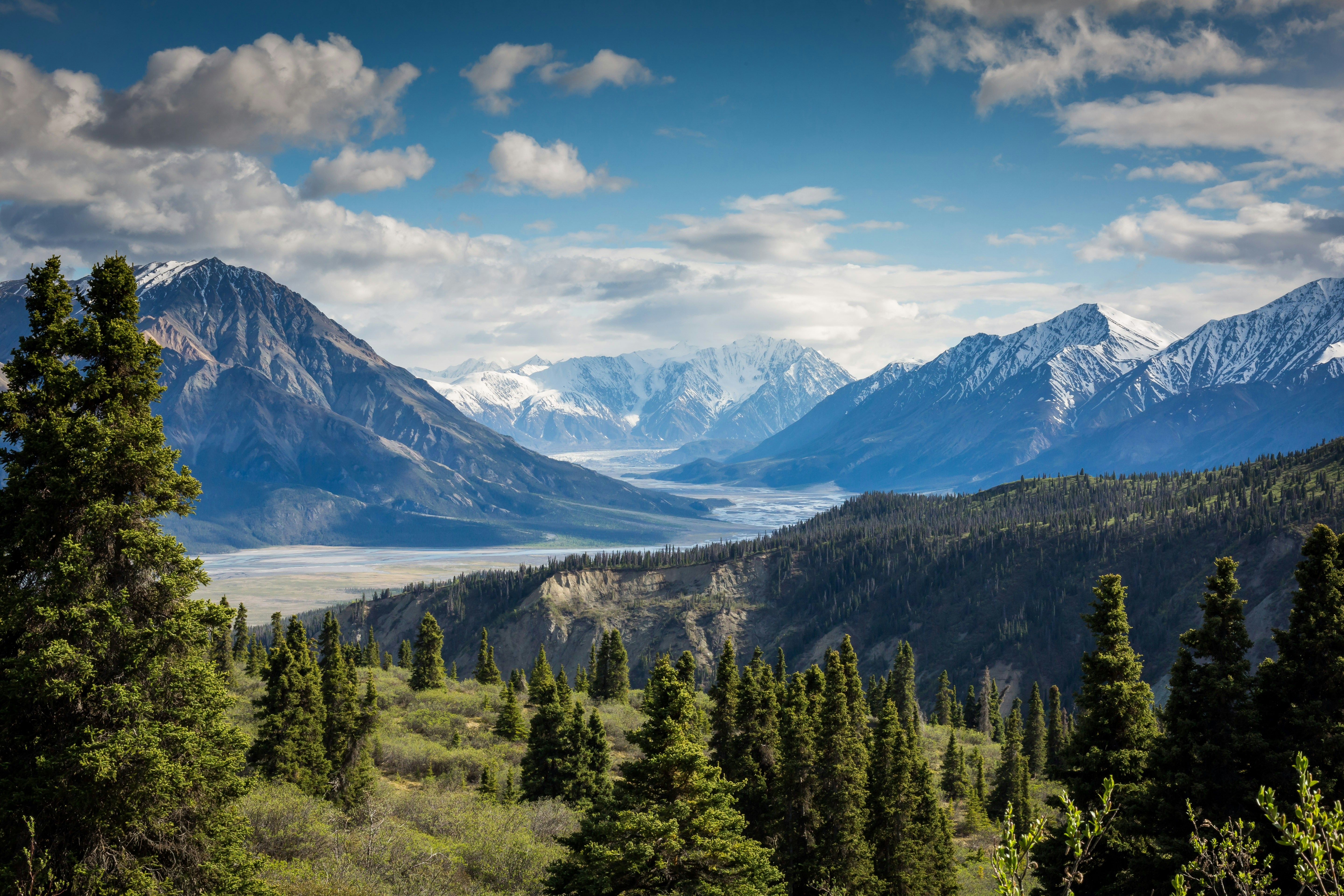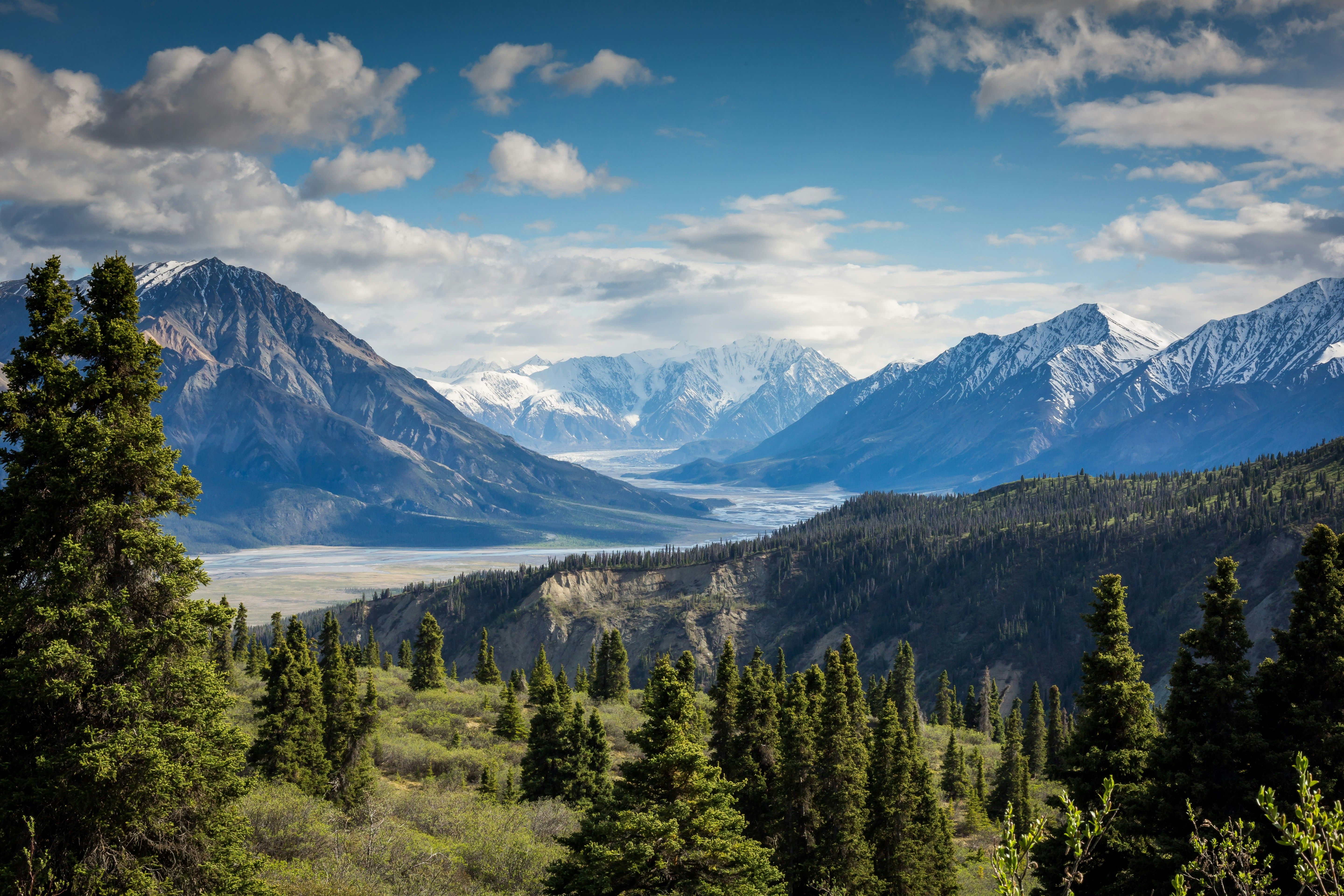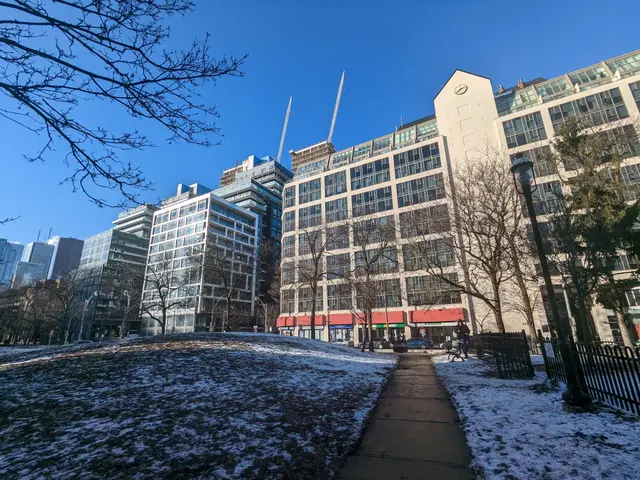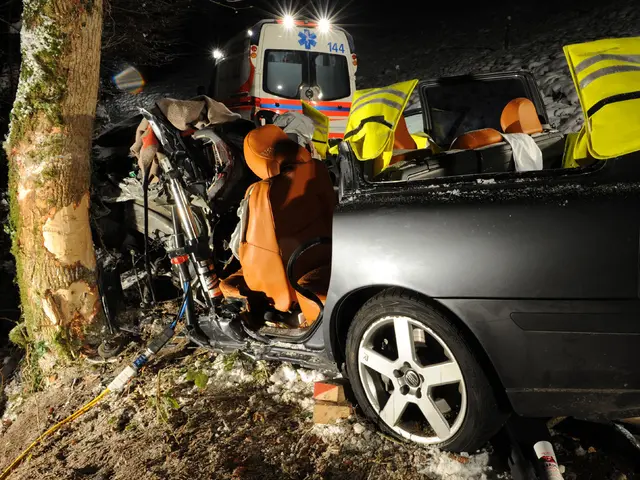Meetings scheduled for 1st May: Marine Tondelier, Oliver Faure, and François Ruffin to convene with ArcelorMittal workers in Dunkirk
Stepping Up the Protest: May 1st Demonstrations in France
Get ready for some serious mobilization on May 1st as the CGT of ArcelorMittal calls for a massive protest against the steelmaker's job-cutting plan. The contention involves the elimination of around 600 jobs in France, with half of them in Dunkerque where the plant serves as an economic powerhouse for the region. This news, coming at a tough time for France with the increasing number of social plans, has left the left in shock.
In response to the looming job losses, numerous political leaders have flocked to the site, including Marine Tondelier (Ecologistes), Fabien Roussel (PCF), Olivier Faure (PS), and Boris Vallaud (PS), as well as François Ruffin. Join us for live coverage.
Expected Crowds: Thousands upon Thousands
There's a cops-estimated 100,000 to 150,000 people expected to gather at the May 1st demonstrations nationwide, according to a police source, as revealed by our website on April 30. In total, around 250 rallies have been marked across France, as per our information. In Paris, authorities predict a turnout between 15,000 and 20,000 people. In the event of large-scale demonstrations, excesses may occur, but they'll be the fault of the "troublemakers" rather than the organizers, said Prefect of Police Paris, Laurent Nuñez, on Thursday morning on BFMTV.
Marches throughout the Day
The action begins as early as 10 am in Bordeaux from the Place de la République, 10:30 am in Marseille at the Old Port, and 10:30 am in Lyon from the Garibaldi metro station (7th arrondissement). The parade in Lille sets off at the same time from the Post Office Gate, while in Nantes, it kicks off at the Miroir d'eau. In Paris, the march will commence at 2 pm from Place d'Italie, passing through Boulevard de l'Hôpital, Pont d'Austerlitz, and Boulevard Diderot, ending at Place de la Nation. In 2024, the demonstrations organized for International Worker's Day attracted 121,000 people, according to the Ministry of the Interior, while the CGT recorded more than 200,000.
Unions Unite for a Cause
The CGT, Solidaires, and FSU call for the protests to demand "peace, our pensions, and our wages." Beyond social demands, this year's demonstrations touch on multiple themes, such as support for Palestine, the fight against Islamophobia, and the opposition to the "Trumpization of the world and the international reactionary movement." This movement is gaining momentum everywhere, as per Thomas Vacheron, a CGT official.
LFI's Role in the Rallies
LFI will participate in the union rallies on May 1st, causing distress to some unionists who worry that the insoumis might "co-opt the mobilization" as they did previously for the march against racism in March. LFI agrees with the unions' slogans, "of a political nature in the sense of civic life," retorted Aurélie Trouvé, the deputy in charge of the party's relations with unions, to AFP. "We have always respected the independence and autonomy of unions," she assures.
Eyes on Some Cities
Based on our information, cities with a strong far-left presence, namely Rennes, Nantes, Lyon, Toulouse, Dijon, and Grenoble, are under extra surveillance. Authorities fear the emergence of black blocs, "including ultras from other European countries," following "countless calls made on social media." [1][2][3][4][5]
- In 2024, the demonstrations organized for International Worker's Day attracted 121,000 people, according to the Ministry of the Interior, while the CGT recorded more than 200,000, showing a significant turnout even in retirement years.
- The protests in France aren't just about job losses at ArcelorMittal; the unions, including CGT, Solidaires, and FSU, unite for a cause that extends to peace, pensions, and wages, touching on themes such as support for Palestine, the fight against Islamophobia, and the opposition to the "Trumpization of the world and the international reactionary movement."
- With around 250 rallies marked across France, there's a potential for crime and justice issues, car accidents, and even war-and-conflicts-related incidents to arise, given the anticipated thousands upon thousands of protesters and the possibility of black blocs emerging, especially in cities with a strong far-left presence like Rennes, Nantes, Lyon, Toulouse, Dijon, and Grenoble.
- As the general news of the May 1st protests continues to spread, policy-and-legislation decisions and political maneuvers are expected, with political leaders like Marine Tondelier, Fabien Roussel, Olivier Faure, Boris Vallaud, and François Ruffin expected to play key roles in the proceedings, shaping the political landscape of France.
- Amidst the virtual sea of protesters, it's crucial to remember that excesses may occur, but they'll be the fault of the "troublemakers" rather than the organizers, resulting from the heated emotions and passionate support for the cause.
- As theMay 1st demonstrations approach, it's important to stay informed about the unfolding events, which will likely make headlines in car-accidents, crime-and-justice, war-and-conflicts, policy-and-legislation, politics, and general-news sections, as France and its citizens continue to grapple with the challenges of job cuts, social plans, and the future.










